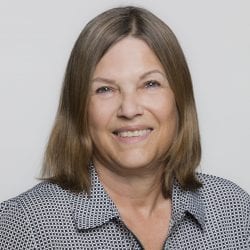Accountants Have Clearer Guidelines When it Comes to Reporting Illegal Acts

New research shows that the likelihood of professional accountants reporting illegal acts by their employers or clients will increase because of new, explicit wording that has been added to an international code of ethics.
The new language is part of NOCLAR, which clarifies professional accountants’ professional responsibility to report fraud and elevates their professional responsibility to report illegal acts to an external authority. The change was established to deal specifically with ambiguity regarding whether or not to maintain confidentiality when professional accountants encounter suspected fraud or a breach of law.
The findings are contained in an article published recently in the Journal of Business Ethics. The article, titled “An Experimental Study of a Change in Professional Accountants’ Code of Ethics: The influence of NOCLAR on the duty to report illegal acts to an external authority”, was co-authored by Linda Thorne, Professor of Accounting at the Schulich School of Business, together with two former PhD students at Schulich, Pier-Luc Nappert, an Assistant Professor of Accounting at Laval University, Carolyn McTavish, an Associate Professor of Accounting at Wilfrid Laurier University, and Sameera Hassan, a current Schulich PhD student.

“Prior to NOCLAR, the international code of ethics was seen by the public, the securities markets, audit regulators, and the audit profession as ambiguous,” says Thorne. “The ambiguity of the code prior to the introduction of NOCLAR facilitated the precedence of the principle of confidentiality over that of external reporting of fraud. But as a result of NOCLAR, there is now language in the code that explicitly grants accountants the right to break confidentiality in the face of illegal acts.”
Adds Thorne: “Our findings suggest that the likelihood of professional accountants reporting illegal acts externally will increase.”